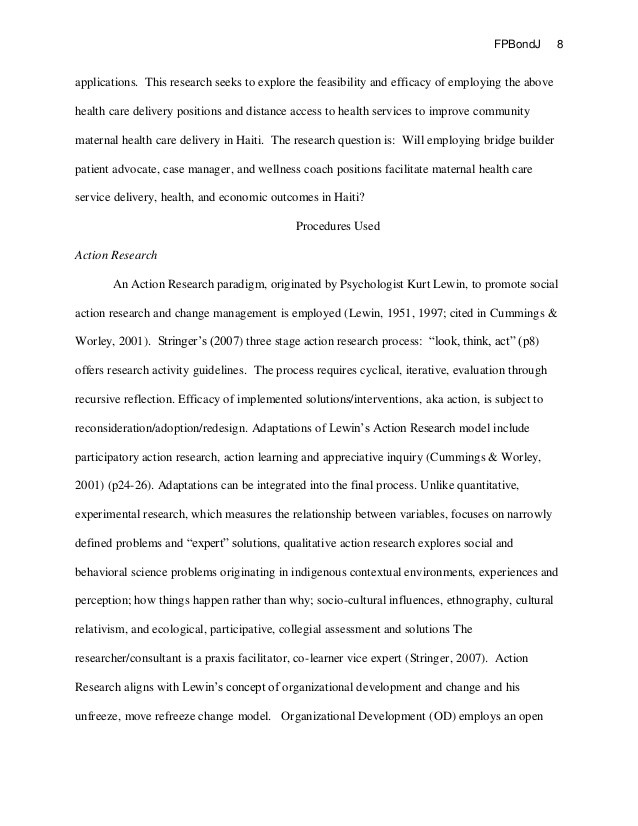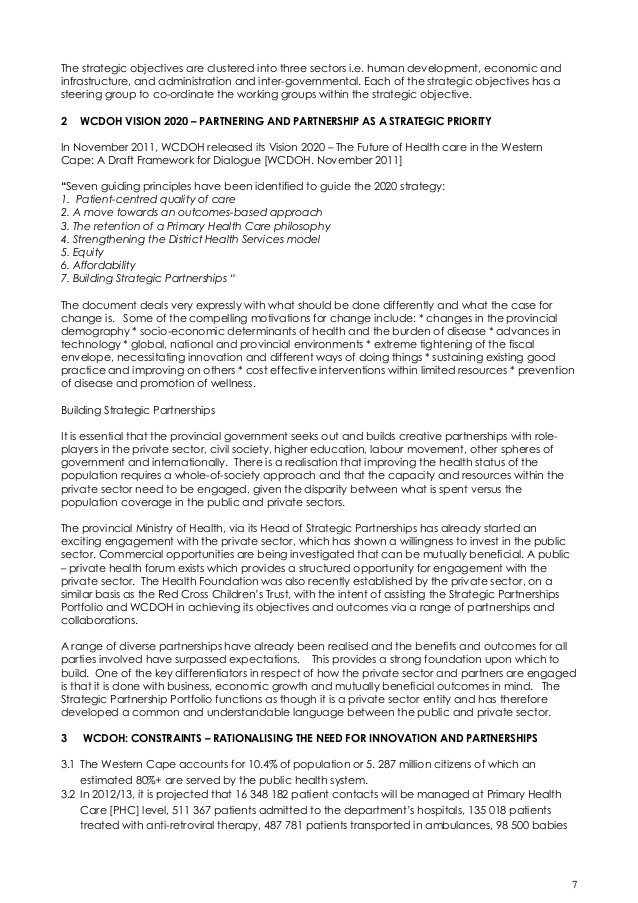MDGs Investing in Health Sector Economic Confidential
Post on: 16 Июнь, 2015 No Comment

From the outset, let me commend the Fathers of Family Medicine in Nigeria and the Society of Family Physicians of Nigeria for their efforts aimed at providing the critical mass of highly trained frontline physicians needed to improve Nigerias healthcare system. I make this commendation bearing in mind the outcomes of a recent bottleneck analysis conducted by my Office. It revealed that of all the impediments that hamper universal access to quality healthcare in Nigeria, inadequate human resources for health remains a major challenge that must be addressed in order to make the required progress.
To engender success, therefore, an army of well-trained and dedicated frontline doctors must coordinate low and middle level human resources for health. The roles of the Society of Family Physicians of Nigeria, the National Post-graduate Medical College of Nigeria, the West African College of Physicians and other such bodies in ensuring progress in this regard can thus not be overemphasized.
The Millennium Development Goals framework has helped to focus international and local attention on improving the health of those most vulnerable in society. The MDGs are SMART as they are Simple, Measurable, Achievable, Relevant, and Time-bound. They provide a benchmark against which progress can be measured in the major spheres of human development. They guide Nigerias health interventions.
Investments in the health sector are often evaluated on the likely impact on the MDGs. Therefore, in collaboration with the Honourable Minister for Health as well as the United Kingdom Department for International Development, the United Nations Country System in Nigeria and other stakeholders, my Office is implementing programmes such as the Midwives Services Scheme, Community Health Extension Workers initiative, the Village Health Workers Scheme, the Saving One Million Lives Initiative and the United Nations MDGs Acceleration Framework (MAF), among others. These are interventions designed to improve human capacity and make the health sector more resilient. In addition, the National Primary Healthcare Development Agency continues to derive funding from my Office to fund primary healthcare in Nigeria including immunization activities. Efforts are being made across board with other initiatives such as the Conditional Grants Scheme as well as the deployment of the ground-breaking mobile money technology to drive the new scale up of Conditional Cash Transfers for which Mr. President approved the sum of N10bn. This CCT Scheme, designed to stimulate demand for healthcare by women and children, is being scaled up to 30 States with a total budgetary provision of N20bn this year.
The National Bureau of Statistics showed evidence of progress and impact of these interventions as demonstrated by the outcomes of their survey conducted in 2012. The under-five mortality rate has declined from 157 deaths per 1,000 live births of 2008 to 94 deaths in 2012. This trend is similar for infant mortality rate. The infant mortality rate of 61 per 1,000 live births needs to reduce, however, by 50% in order to meet the 2015 target. In addition, the Maternal Mortality Ratio of 1,000 deaths per 100,000 live births of 1990 has reduced significantly to 350. Progress has been driven in a major part by the introduction of the Midwife Services Scheme, among others, which has seen the reversal of the previously negative trend in the percentage of skilled health personnel attending births. Furthermore, there is continuation in the fall of HIV prevalence from figures as high as 5.8 to 4.1 in 2012. This falling trend satisfies the criteria for the attainment of Target 6.A.
As scholars and practitioners discuss the medico-legal aspects of the practice of Family Medicine in Nigeria, it is important to consider this important topic in the context of equality of access and human rights which are two major enablers of development as set out in the African Common Position on the Post-2015 Development Agenda. In ensuring universality of access to quality healthcare in Nigeria, issues such as sustainability, passage of the health bill, healthcare financing, GDP-health budget ratio, Public-Private Partnership, universal health insurance, Private Finance Initiatives, Corporate Social Responsibility, alternative dispute resolution and arbitration will no doubt be relevant to the discourse. I hope you are able to make strong recommendations which will guide policymaking both now and especially as we consider the MDGs Successor Agenda.

We have the opportunity to make transformational changes throughout societies, and in particular ensure that those who are most in need amongst us are given the necessary support. I have no doubt that given the requisite commitment, these changes would be made.
Dr. Precious Kalamba Gbeneol, Senior Special Assistant to The President on MDGs delivered this Text at the Annual General Meeting of SOFPON in Keffi, Nasarawa State.
3A%2F%2F0.gravatar.com%2Favatar%2Fad516503a11cd5ca435acc9bb6523536%3Fs%3D36&r=G /% About the Author.














